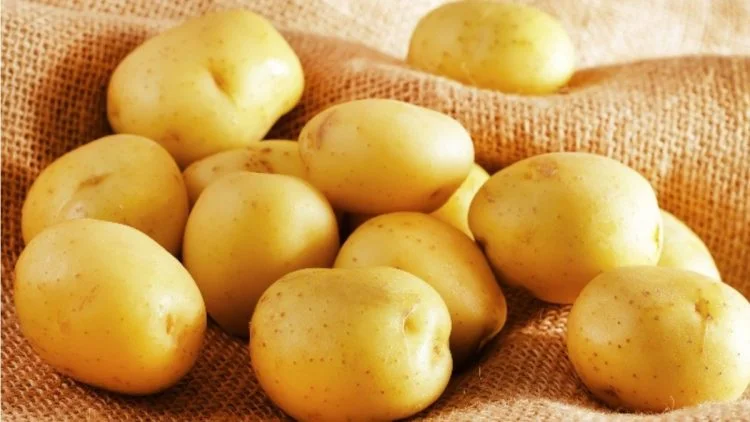Experts are changing course: the most popular tubers last longer and are easier to store in the refrigerator. Potatoes are easier to store in the refrigerator. For years, experts have advised us not to store potatoes in the refrigerator because it supposedly poses a risk to our health. Today, a new study changes the rules. Not only can potatoes be stored in the fridge, in fact they should be, as they last longer and create less waste.
Potatoes keep better in the fridge: acrylamide risk
Previously, it was believed that storing raw potatoes at low temperatures would lead to the formation of additional sugars. These sugars turned into acrylamide, a substance considered carcinogenic, when the potatoes were fried, fried, or baked.
New rules for the storage of other foods
Today, experts say that storing potatoes in the refrigerator is a good way to get the most out of them. But that’s not all: new rules apply to the storage of other foods. First of all, bread should never be stored in the refrigerator, nor should bananas, tomatoes or cucumbers. Low temperatures change the texture of tomatoes and inhibit the enzymes that give them flavor. Nevertheless, two-thirds of respondents admit to keeping them in the refrigerator.
Beware of bread, onions and garlic
Cucumbers soften at low temperatures. Bread should be stored in a reusable cotton or plastic bag. Onions and garlic should be stored in a dark, dry cupboard. Every day, millions of slices of bread and 4.4 million potatoes are thrown away in households. In total, 4.4 million tons of food are thrown away every year, which costs an average of 200 euros per person and has a major impact on the environment.
How to store food better
There is an art to storing a refrigerator in such a way that consumption is reduced. The top shelf is the warmest and best for practical foods like cheese. The middle shelf is the coldest and is best for eggs, milk, and leftovers. The bottom shelf is the coldest and is best for storing raw meat, poultry, and fish. By opening the door regularly, it becomes one of the warmest areas and is therefore not suitable for milk and eggs. Fruits and vegetables can be stored in the bottom drawers, but should be stored separately because fruit produces a gas called ethylene, which accelerates the breakdown of vegetables.

